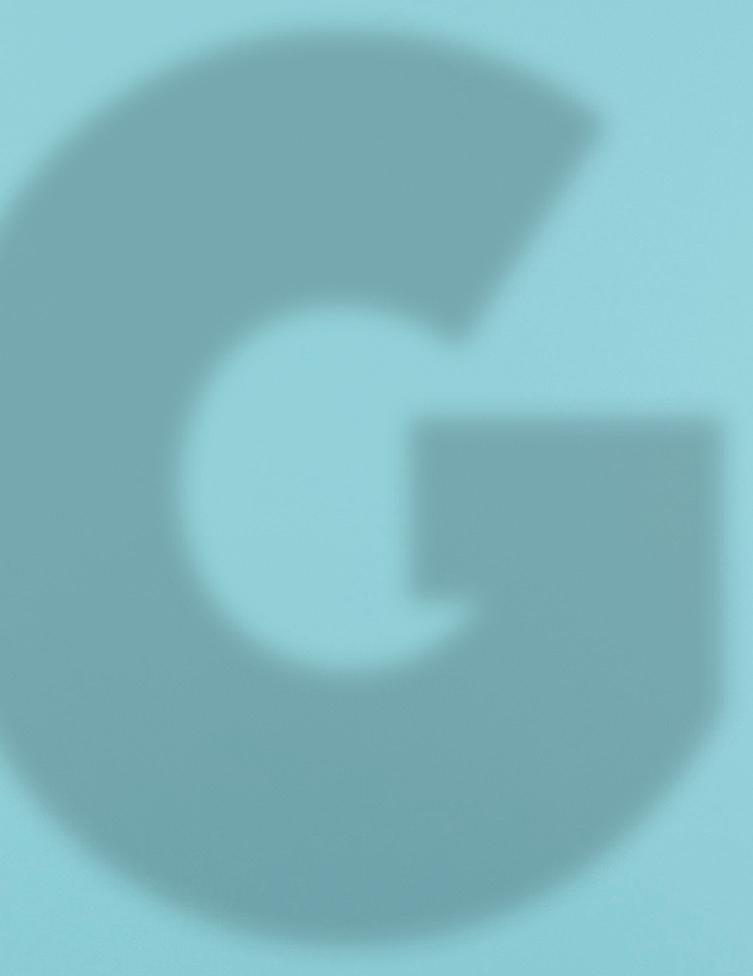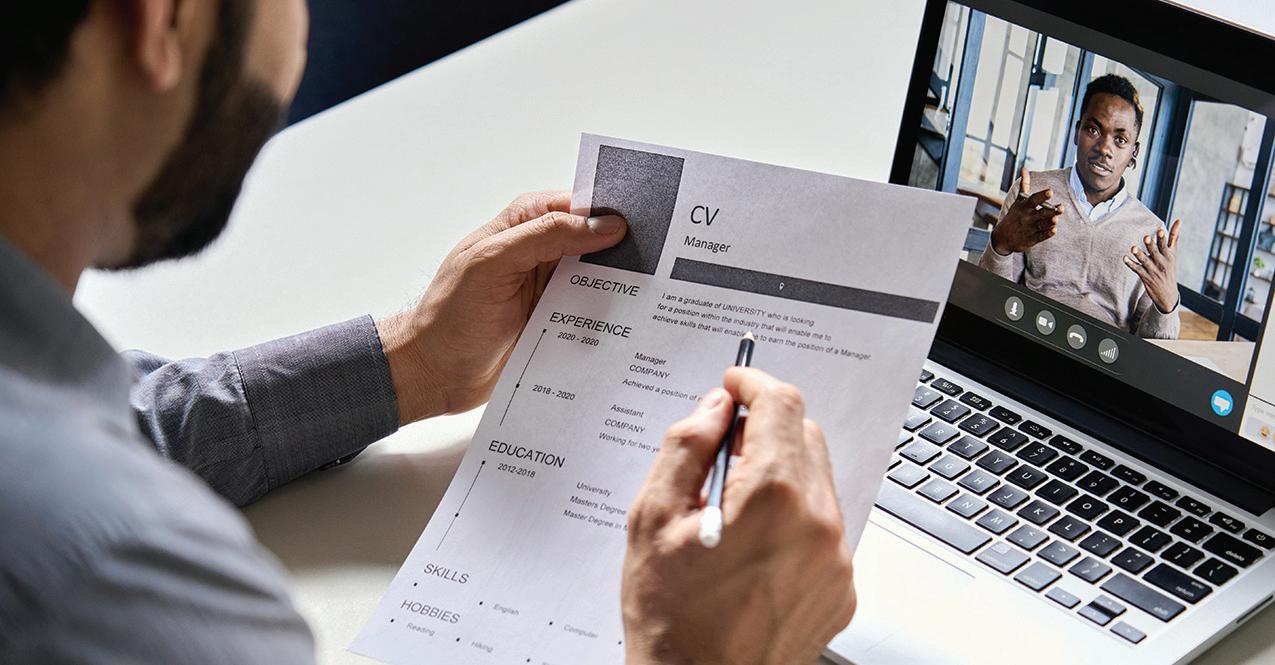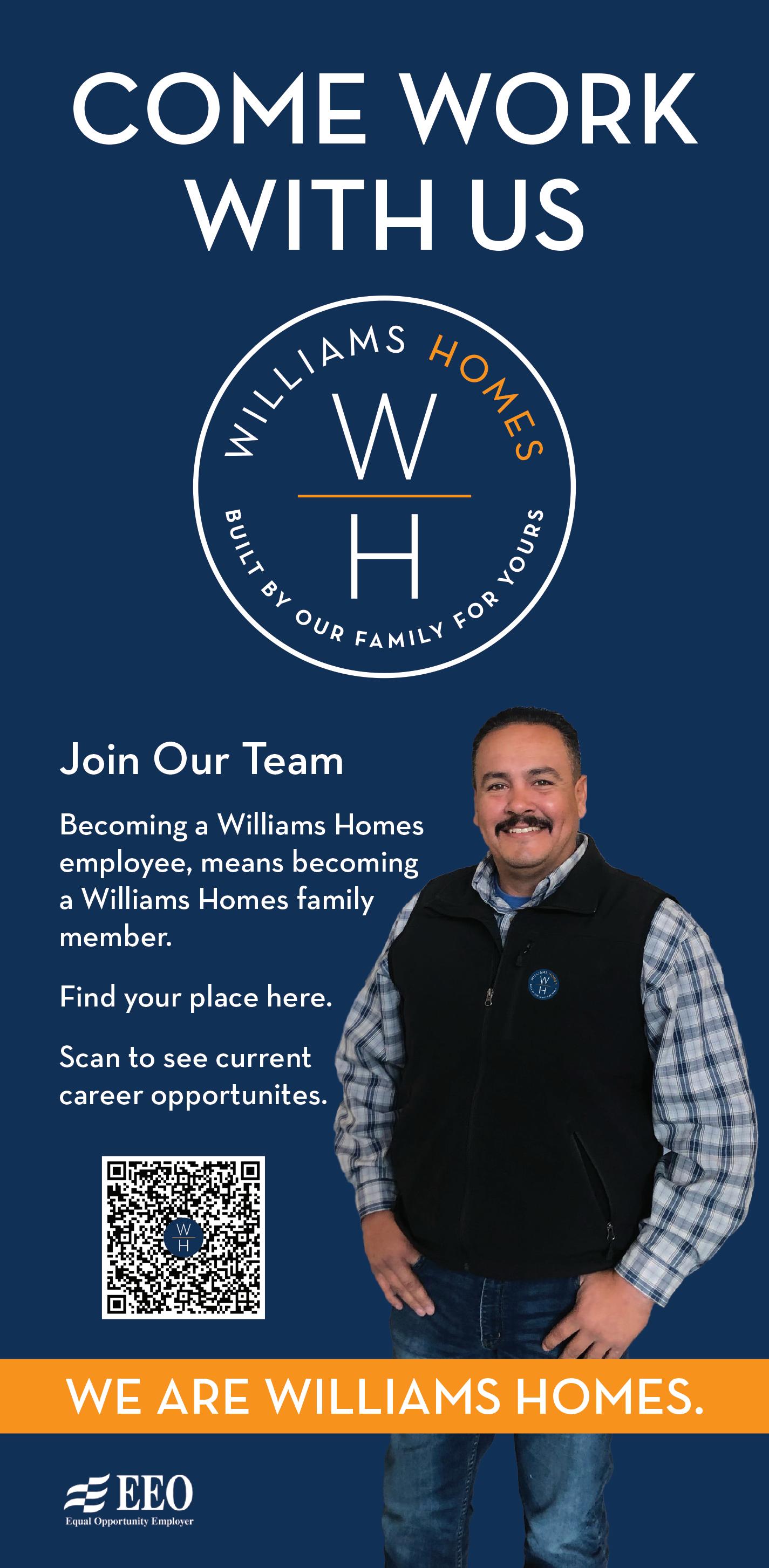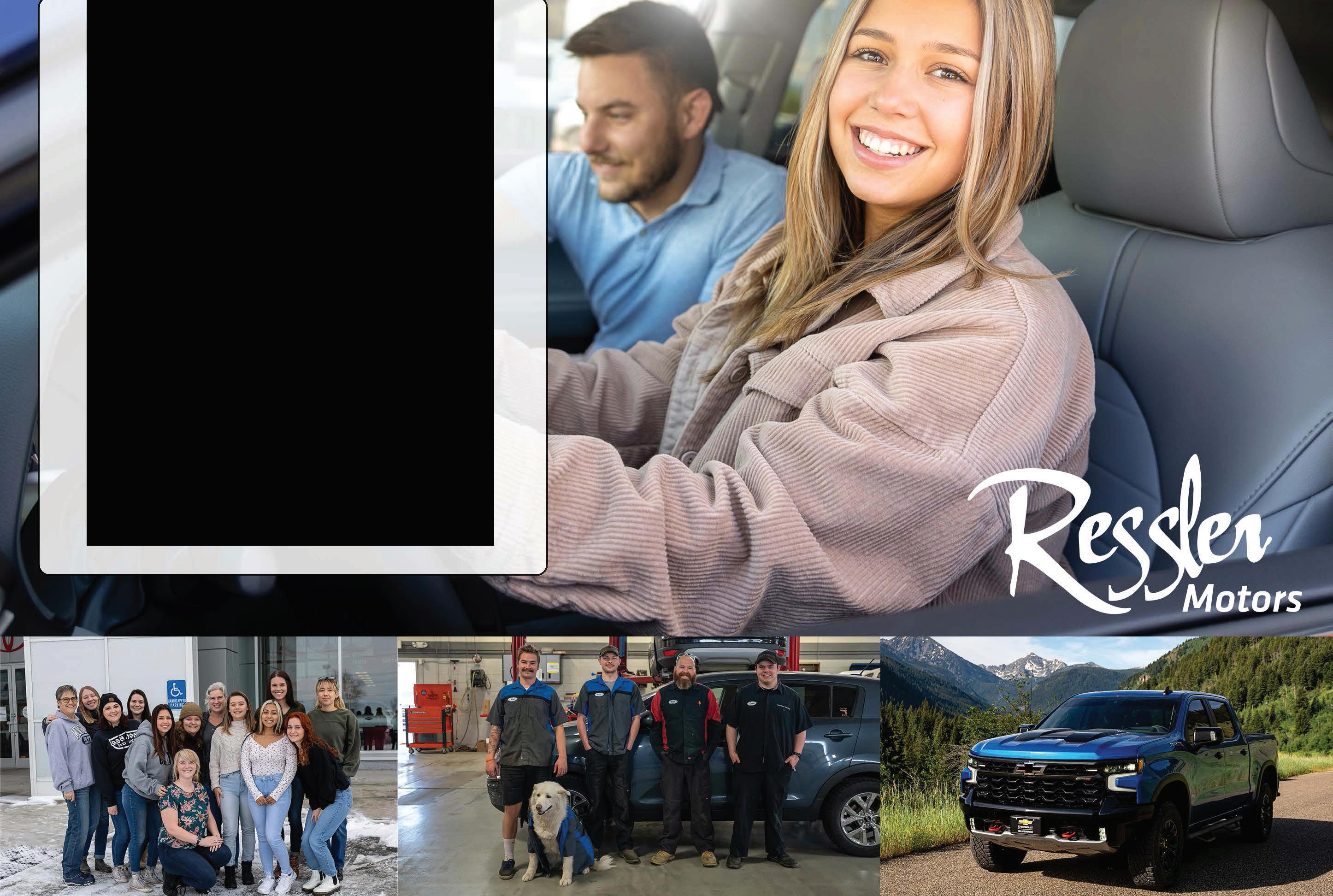BIG Jobs Book Of


















We offer career opportunities that span transportation, housing support, early childhood education, administrative roles, food and nutrition, and so much more.

Because work life balance is a priority for us, we are implementing a reduced work week pilot in July that will allow FT employees to work 36 hours in lieu of 40 for the same rate of pay. We also offer generous PTO accrual and 12 paid holidays per year, a robust benefits package, and competitive pay.
Flexible schedules and remote work available dependent upon role.
To learn more about HRDC and our current job openings, please use the QR code below.
Professionals confronting that situation can consider these tips as they seek to master the art of modern job hunting.
Quitting a job might never seem like the best option for established professionals, but it’s a route that was taken by an incredibly high number of workers in recent years.
According to the Job Openings and Labor Turnover Survey from the U.S. Bureau of Labor Statistics, 50.5 million people quit their jobs in 2022. Improved job prospects undoubtedly contributed to that high turnover, but professionals who left their jobs without another one already lined up may need some help finding their next gig.
Significant layoffs in the early months of 2023 coupled with tens of millions of individuals leaving their jobs voluntarily in 2022 could potentially make the competition for new jobs more competitive.
Professionals confronting that situation can consider these tips as they seek to master the art of modern job hunting.

• Use LinkedIn to your advantage. The professional social media platform LinkedIn is an invaluable resource, especially for professionals looking for a new job. Even professionals who are still working but hoping to land a new job can utilize LinkedIn to their advantage, as many recruiters embrace
the strategy of passive recruiting, which involves scouring LinkedIn for professionals who are not actively looking for a new job but might be interested if the right opportunity presents itself. Professionals who aren’t already on LinkedIn should join and create a profile that highlights their experience and skills. Workers who are already on LinkedIn can periodically update their profiles and use
the platform to stay up-to-date on the latest trends in their industries.
• Create a portfolio of your work. Landing an interview may be the first goal, but professionals also must be ready to master that interview should the opportunity arise. A portfolio that showcases past work and accomplishments can help candidates present themselves in the best light possible. Utilize a free or inexpensive service like
WordPress that hiring managers and others can visit quickly and easily to see your work.
• Identify who you want to work for. Experienced professionals who are still working may have the luxury of patience when beginning their job search. That luxury ensures professionals can wait for opportunities at companies they want to work for. Targeting specific companies can take some of the frustration out of modern job hunting, which often requires scouring a seemingly endless string of job openings. Out-of-work professionals can still target specific firms, but they also can utilize down time to research other organizations in an effort to widen and expedite their search.
• Work with a recruitment agency. Much like job seekers grow frustrated at sifting through job postings, organizations may not have the will or the resources to devote to finding worthy candidates for their openings. That’s why organizations often turn to recruitment professionals, who do the leg work when companies are looking to hire new people. Recruitment professionals earn their money from the companies doing the hiring, not the person getting hired. So there’s no downside to utilizing recruiting professionals in your search.
Modern job hunting can be difficult. But various strategies can help talented professionals land rewarding jobs.
Remote interviews are likely here to stay, so here’s how candidates can put their best (virtual) foot forward.
Not so long ago, job interviews were conducted almost exclusively in person. Hiring managers were able to assess candidates during these interviews, getting an idea about everything from the applicant’s skill set to how he or she affected the energy in the room to body language and the confidence of a handshake.

Today a growing number of interviews are virtual. Many are conducted via popular video conferencing apps like Zoom. In a recent survey of talent leaders and recruiters conducted by the tech firm Talview, 80 percent of respondents said their hiring process is now fully remote. There are many advantages to remote/virtual interviews. They tend to be more convenient for screening applicants for remote positions because the applicant pool may be coming from anywhere around the world. Remote interviews also can be less time-consuming.
As useful as they can be, remote interviews are not foolproof. Technical snarls or uncooperative conditions at home can affect remote interviews. Virtual interviews also may not give candidates an accurate idea of the culture at a given firm. But remote interviews are likely here to stay, so
here’s how candidates can put their best (virtual) foot forward.
Open the conferencing app and test links to make sure that you can get on the service and understand how it functions. Log in early, even if it means sitting in a virtual waiting room until the meeting organizer arrives. At least you’ll be ensured of being on time.
A remote interview gives candidates a distinct advantage, as they can utilize notes without it being obvious. Place them just above the device camera or off to the side slightly so
you can refer to them like one may read a teleprompter or cue cards on television.
If you’ll be on video, set up your space and your appearance so that it is professional but engaging. Use your home office environment to make a strong impression. Keep background clutter to a minimum. If necessary, use a virtual office backdrop, which was preferred by 97 percent of the 513 recruiters that Harvard Business Review observed and interviewed over an eight-month period in 2020.
Distractions can knock you off of your game and make you come across as less engaging to recruiters. Ask housemates to make themselves scarce during the interview and lock pets out of the room. Silence your phone (if it isn’t the device being used for the interview) and look into the camera while speaking. Maintaining eye contact is a sign of respect and confidence. If the interviewer is speaking at length, utilize the mute button on your phone or conferencing app to silence ambient noise. Remote interviews are a large part of modern working environments. Mastering an ability to interview remotely can help candidates ace their next interview.

Interviews are an integral component of the hiring process. According to Zippia, the average corporate job opening garners 250 résumés. Among those, only four to six people are likely to be interviewed. With such competition for jobs, landing an interview is an opportunity to be cherished. Furthermore, candidates should do their best to ensure interviews go as smoothly and effectively as possible. Nerves can derail an interview. Nervous energy is a byproduct of humans’ “flight or fight” response in stressful situations. Adrenaline builds up in the body and that can make for a nervous interview. The following anxiety-taming tips can help anyone remain calm, cool and collected during an interview.
1. Laugh out loud. Humor can diffuse nervous feelings. Rather than stewing on the upcoming interview, watch a funny movie or listen to some standup comedy to help you laugh and lighten up.
2. Leave plenty of time for travel. Anxiety can creep in if you’re running late for an interview. Leave plenty of time to get there when interviewing in person. You don’t want to stroll in sweaty and out of breath because you
just ran from the subway station or parking lot. For remote interviews, ensure that meeting links are working properly and that you understand how to use the conferencing application in advance of the interview.
3. Be prepared. Prepare for the interview and conduct a trial run with a friend or family member. Research commonly asked interview questions but be prepared to answer more jobspecific queries as well. Preparation can help you feel less nervous and more in control.
4. Clear your mind. Figure out
which relaxation method works for you and employ it. Some find taking a short stroll outside enjoying nature clears their mind, while others prefer deep breathing and meditation. Some people may feel more relaxed after an exercise session. Build these coping mechanisms into your schedule on the day of an interview.
5. Change your perception. An interview is a conversation and not an interrogation. Certainly you are selling yourself to the recruiter, but the company also has to sell itself to you. Interviews are two-way streets to
determine if the employer-employee dynamic is the right fit. Remembering that you are on somewhat equal footing can make the interview less nerve-wracking.
6. Make small talk. While waiting to be called into the interview, speak with others, such as the receptionist, other employees walking by or even people in the elevator. Small conversations can shift your focus from internal thoughts to external stimuli. Job interviews can drum up nerves, but there are strategies to help candidates overcome their nerves.
The following anxietytaming tips can help anyone remain calm, cool and collected during an interview.METRO CREATIVE CONNECTION
The best outfit to wear on an interview varies depending on the company and the job, but there are some guidelines for dressing to make the best impression.

In his masterpiece “Crime and Punishment,” author Fyodor Dostoevsky wrote, “We sometimes encounter people, even perfect strangers, who begin to interest us at first sight, somehow suddenly, all at once, before a word has been spoken.” The great Russian novelist is referring to the fact that impressions can be made even before conversations begin. This is an important notion to grasp and can do a job seeker a world of good in every interaction during the hiring process, including the interview. Recruiters may have an understanding of you as an applicant from your résumé and other correspondences, but it is during the interview — whether it’s in person or remote — that a hiring manager can really get a sense of your energy and professionalism. While no one wants to be judged on appearance alone, what you look like and how you dress affect others’ first impression of you. Doing all you can to tip the scales in your favor may lead to favorable job outcomes. The best outfit to wear on an interview varies depending on the company and the job, according to The Balance: Money. But there are
some guidelines for dressing to make the best impression.
• Follow the employer’s dress code. If you can gauge dress code in advance,dress to mirror what others are wearing and then take it up a slight notch. For example, while you wouldn’t wear a suit if you’re interviewing as a park ranger, you may eschew work boots and faded jeans for a collared polo shirt and khaki pants. For a tech start-up or creative company that favors casual wear, something that is more business casual may be appropriate for the interview.
• Err on the side of caution. If you do not know the company dress code, it is always better to be over-
dressed than underdressed. A sports jacket and a button-down shirt for gentlemen and tailored pants and blouse for women may fit the bill.
• Less is more. Distractions can derail an interview, and wearing too many accessories can be distracting to the interviewer and even candidates during the interview. Keep jewelry to a minimum and mute all alerts on a smartwatch and smartphone. If you have piercings, you may want to remove them until you learn more about which types of body art are acceptable at the company, which you should be able to discern when visiting the office. Distractions also can include heavy or drastic makeup and hair styles.
Tone things down until you have a firm understanding of dress policies.
• Choose neutral colors. Wear neutral or classic colors over more flashy options. You want to be judged on your qualifications, and neon shirts or a busy print dress could cause an interviewer to lose focus. During a remote interview, choose a highcontrast interview outfit so that you don’t blend in with your background.
• Wear clean, tidy clothes. No matter how formal or informal the attire, it should be freshly laundered, free from wrinkles or damage, and fit properly.
Interview attire can make or break first impressions, so attention should be placed on what to wear.

In his masterpiece “Crime and Punishment,” author Fyodor Dostoevsky wrote, “We sometimes encounter people, even perfect strangers, who begin to interest us at first sight, somehow suddenly, all at once, before a word has been spoken.” The great Russian novelist is referring to the fact that impressions can be made even before conversations begin. This is an important notion to grasp and can do a job seeker a world of good in every interaction during the hiring process, including the interview. Recruiters may have an understanding of you as an applicant
from your résumé and other correspondences, but it is during the interview — whether it’s in person or remote — that a hiring manager can really get a sense of your energy and professionalism. While no one wants to be judged on appearance alone, what you look like and how you dress affect others’ first impression of you. Doing all you can to tip the scales in your favor may lead to favorable job outcomes. The best outfit to wear on an interview varies depending on the company and the job, according to The Balance: Money. But there are some guide-

A 2018 survey of more than 1,000 hiring managers and human resources professionals revealed some surprising things about modern hiring practices. The survey, conducted by The Harris Poll on behalf of CareerBuilder®, provided a wealth of insight about the hiring process, including some of the unusual things people have done in interviews. Asked to share the most unusual things candidates have done during interviews, employers and hiring managers indicated job seekers had asked for a cocktail, broke out in song in the middle of an interview, asked to taste an interviewer’s coffee, and even wore a costume of Darth Vader to an interview.
Though many of those replies undoubtedly elicited a laugh (and likely some shock), they indicate that many people aren’t entirely sure about how to act during a
job interview. Most professionals probably don’t need to be told to avoid asking for a cocktail or to leave their costumes at home when leaving for an interview, but some might not know to avoid certain topics. Others may simply venture into uncomfortable conversational territory due to nerves. Though there might not be a formula for a successful interview, if there were it might include avoiding these four topics.
1. Negative experiences about current or past employers: Positivity should reign supreme during a job interview, so candidates should avoid any negative comments about a current or past employer. Such comments give interviewers the impression that a candidate could be difficult to work with. Negative comments about an employer also suggest a candidate is unprofessional.
2. Politics: Whether it’s office
politics or the goings-on in the political arena, this topic should not make it into a job interview. Politics understandably brings out a passion in many people, but candidates should emphasize their passion for the opportunity at hand and not their enthusiasm for a particular politician or political party during a job interview.
3. Personal life: Hiring managers and in fact anyone conducting a job interview is legally obligated to avoid topics that could be interpreted as discriminatory. Candidates who bring up their personal life in an interview could be putting interviewers in an awkward position, which may ultimately affect their impressions of the person being interviewed.
Candidates can do their candidacy and their interviewers a favor by avoiding discussions of their personal life during an interview.
4. Salary: Bringing up salary might not be as big a red flag as political opinions or negative comments about past employers, but it’s best to wait until the interviewer broaches the topic. Asking about salary before the interviewer brings it up could give the impression that a candidate is only interested in the money and not the opportunity.
Successful interviewing is a skill that candidates can cultivate. Knowing which topics to avoid during an interview is an important part of that cultivation process.

Though there might not be a formula for a successful interview, if there were it might include avoiding these four topics.
lines for dressing to make the best impression.
• Follow the employer’s dress code. If you can gauge dress code in advance,dress to mirror what others are wearing and then take it up a slight notch. For example, while you wouldn’t wear a suit if you’re interviewing as a park ranger, you may eschew work boots and faded jeans for a collared polo shirt and khaki pants. For a tech start-up or creative company that favors casual wear, something that is more business casual may be appropriate for the interview.
• Err on the side of caution. If you do not know the company dress code, it is always better to be overdressed than underdressed. A sports jacket and a button-down shirt for


gentlemen and tailored pants and blouse for women may fit the bill.
• Less is more. Distractions can derail an interview, and wearing too many accessories can be distracting to the interviewer and even candidates during the interview. Keep jewelry to a minimum and mute all alerts on a smartwatch and smartphone. If you have piercings, you may want to remove them until you learn more about which types of body art are acceptable at the company, which you should be able to discern when visiting the office. Distractions also can include heavy or drastic makeup and hair styles. Tone things down until you have a firm understanding of dress policies.
• Choose neutral colors. Wear neutral or classic colors over more flashy options. You want to be judged on your qualifications, and neon shirts or a busy print dress could cause an
interviewer to lose focus. During a remote interview, choose a highcontrast interview outfit so that you don’t blend in with your background.

• Wear clean, tidy clothes. No matter how formal or informal the attire,


it should be freshly laundered, free from wrinkles or damage, and fit properly.



Interview attire can make or break first impressions, so attention should be placed on what to wear.

Discover a career at Ressler Motors and unleash your potential in an environment that thrives on passion, innovation, and teamwork.


We offer:
• Training
• Opportunities for growth
• Competitive compensation
• Collaborative, fun environment
Start your journey today. Learn more at: resslermotors.com/careers
